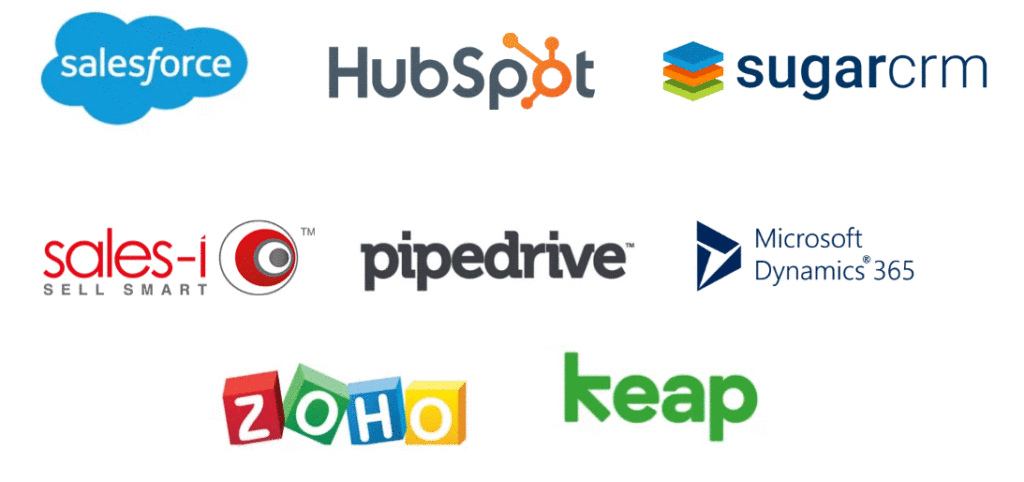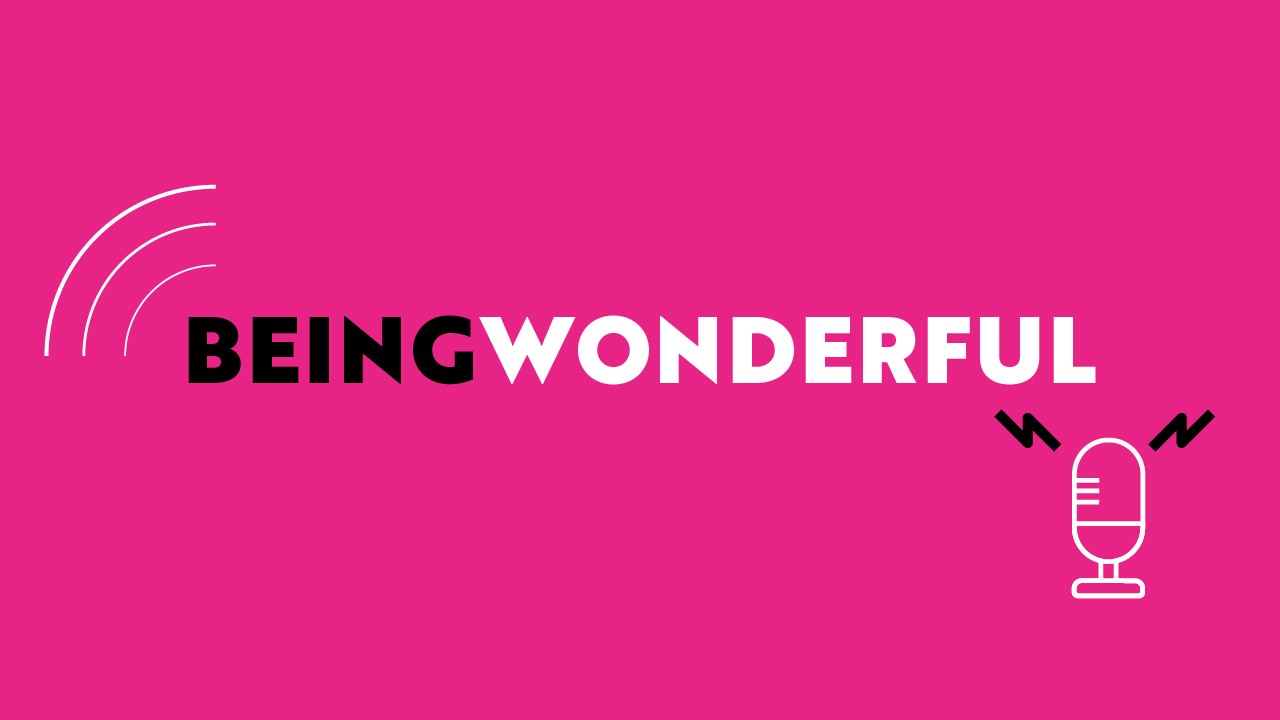
What is CRM?
CRM is a widely used business acronym which stands for Customer Relationship Management. It is a term that applies in both B2B and B2C environments and refers to practices, strategies & technologies that companies use to manage & analyse customer interactions & data throughout the customer lifecycle, with the goal of improving business relationships with prospects, leads and customers, assisting in customer retention and driving sales growth. Whilst this sounds a little bit like a jargon-packed, buzzword-fuelled description, it is fairly succinct and accurate, especially when CRM (as a process) is so multi-faceted and implemented in such a wide variety of ways within different businesses. In fact, a lot of businesses are often undertaking a level of CRM, without realising (or systemising) it.
This article is an extension of our recent Scale or Fail webinar, which can be watched back on-demand in our content hub at www.scaleorfail.co.uk
What is a CRM Platform?
CRM Platforms (sometimes referred to as CRM Tools, CRM Software/Programs and CRM Apps) are tech-based enablers which facilitate the CRM process for your business. These can be used to manage communications, segment audiences, target & automate campaigns, manage multiple pipelines, grow your customer base, retain existing customers longer & improve customer lifetime value.
We explore an array of features and functionality on our recent Scale or Fail webinar, which can be watched back on-demand in our content hub at www.scaleorfail.co.uk
There are a huge number of CRM platforms in the market today, ranging from the industry-dominant enterprise solution Salesforce, to smaller more niche systems like Keap. Ultimately, the CRM you choose will likely depend on the features and functionality of your business, but also the size of your business as most CRM systems come with a level of cost as you add features and functionality and grow your customer database.
We are Hubspot Partner Providers, making Hubspot our CRM (and digital marketing platform) of choice for most applications, as it works for smaller-medium sized businesses whilst being a scalable solution for larger organisations. However, Wonderful is well-versed in exploring these options and working out the most commercially viable, as well as working with existing legacy systems – if you need help with this decision making process, please do get in touch.
Why do I need a CRM Platform?
You’ve likely identified the reasons for looking into utilising a CRM platform, for most these include:
- Contact data organization. CRM helps you organise information about all your contacts. This allows your team to keep track of who a lead or customer has spoken to & what was discussed (B2B) & behaviours (B2C).
- Performance Reporting. Track quota attainment and metrics such as emails sent, calls made, meetings booked, and deals closed…
- Accurate sales forecasting. Don’t rely on complicated Excel formulas or guesstimates. A good CRM system generates a sales forecast & pipeline.
- Customer segmentation. Segment your contacts by properties such as location, deal size, close date etc, to find the warmest leads.
- Scaling a sales process. A repeatable (and in some cases, automatable) sales process is key to testing new sales activities and strategies.
- Cross-team alignment. With a CRM, you can see your contact’s profiles which shows if they’ve been communicated with recently.
- Increased efficiency, revenue and profitability. The benefits listed above all contribute to your company being more effective at closing sales, but most CRMs also track and log emails, website visits, form fills and keeps them updated ‘hands free’ in the database.
What value can a CRM Platform add?
Five headline stats to encourage the adoption of CRM:
- 34% increase in Sales Team Productivity.
- 29% increase in Sales by using a CRM System.
- £8.71 average return per £1 spent on CRM platform.
- Between 8% and 14% reduction in length of sales cycle.
- Increased Customer Satisfaction and Customer Retention.
(Sources: SalesForLife, HubSpot, Capterra, Nucleus Research, SalesForce)
It costs more to acquire new customers than it does to nurture existing ones. A real-world example of this is Tesco (and other supermarkets). They use their ClubCard feature to not only reward loyal customers with points that can be used towards future purchases, but they also send out tailored emails that include discounts and special offers. The content of these emails, DMs and app notifications is dependent on the customer’s purchase history as well as their most frequently purchased products. This personalisation makes Tesco’s bonus offers more appealing and adds more value to its customer loyalty program, ultimately retaining custom and promoting increased spend per shopping trip. We explore this in more detail in our recent Scale or Fail webinar, which can be watched back on-demand in our content hub at www.scaleorfail.co.uk
How can I adopt CRM for my business now?
So, what can you do now, to adopt the CRM process and implement a CRM system into your business?
- Start at the beginning: Most CRM platforms allow you to register for a Free Trial and start using features right away – research which is the most scalable for your needs and test usability.
- Compile and Import your Data: We have spoken to clients who answer the ‘where is all your customer & deal info?’ question and they say ‘in their head’ or ‘in a few spreadsheets’. Let’s use this time to get organised!
- Link your Channels: Ensure all data capture, newsletter subscription and contact forms on your website are mapped, integrate with your Social Channels & Email Clients. Never lose a customer interaction.
- Segmentation & Housekeeping: Segment your contacts by properties which are relevant to your business now and in the future.
- Plan your Pipelines: Build out pipelines based on your business activities and give weighting to stages of a customer journey.
- Send your first Comms: With most platforms there is a level of either email integration (with Mailchimp etc) or in-built email functionality (e.g Hubspot). Communicate with your contacts with relevant messaging, and start to place your brand front-of-mind & pre-nurture leads.
- Become Data-Driven: Use data from your customer behaviour and interactions to fuel strategic campaign thinking on and offline.
We explore this in more detail in our recent Scale or Fail webinar, which can be watched back on-demand in our content hub at www.scaleorfail.co.uk
Digitising your CRM process is no longer a ‘nice to have’ – It is a vital necessity: Covid-19 has seen rapid shifts in user activity online, with a recent Kantar survey (Source: https://us.kantar.com/business/brands/2020/
surveymeasures-coronavirus-outbreak’s-impact-on-china’s-consumption/) showing 84% of people have tried a new online service for the first time. Your customers are now living online more than ever before. How customers experience your brand and your CRM process need translating accordingly.
Are you CRM-ready?
Customer Relationship Management has arguably never been more important. Utilising a digital CRM system to manage your customer data and communications maximises efficiency & gives businesses a fantastic platform to work every single lead & manage every single customer interaction. With some CRM systems also allowing for management of inbound and outbound marketing including advanced reporting, these platforms have never been more powerful.
Latest posts

5 reasons why we still need Wonder in an AI driven world
As an agency, we are grappling with the role and application of AI within our daily business activities, our client offering, and our future growth

The Power of Purpose and Impact on Business Growth
In a marketplace increasingly driven by values and social consciousness, the role of purpose and impact in business growth has never been more critical.

Three key benefits of integrating a sense of Wonder within your brand & marketing strategies
We love creating Wonder. It’s our passion and forms our client mission. However, in an age where your customers and clients are bombarded with constant information and countless choices, capturing attention and building lasting connections has become increasingly challenging. We all have to work harder to capture people’s attention.